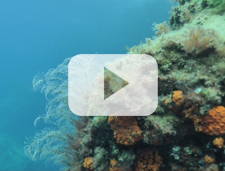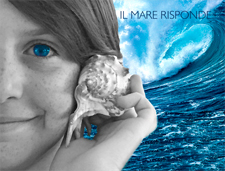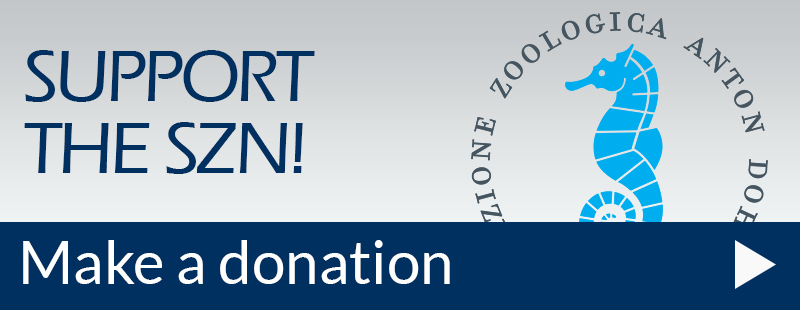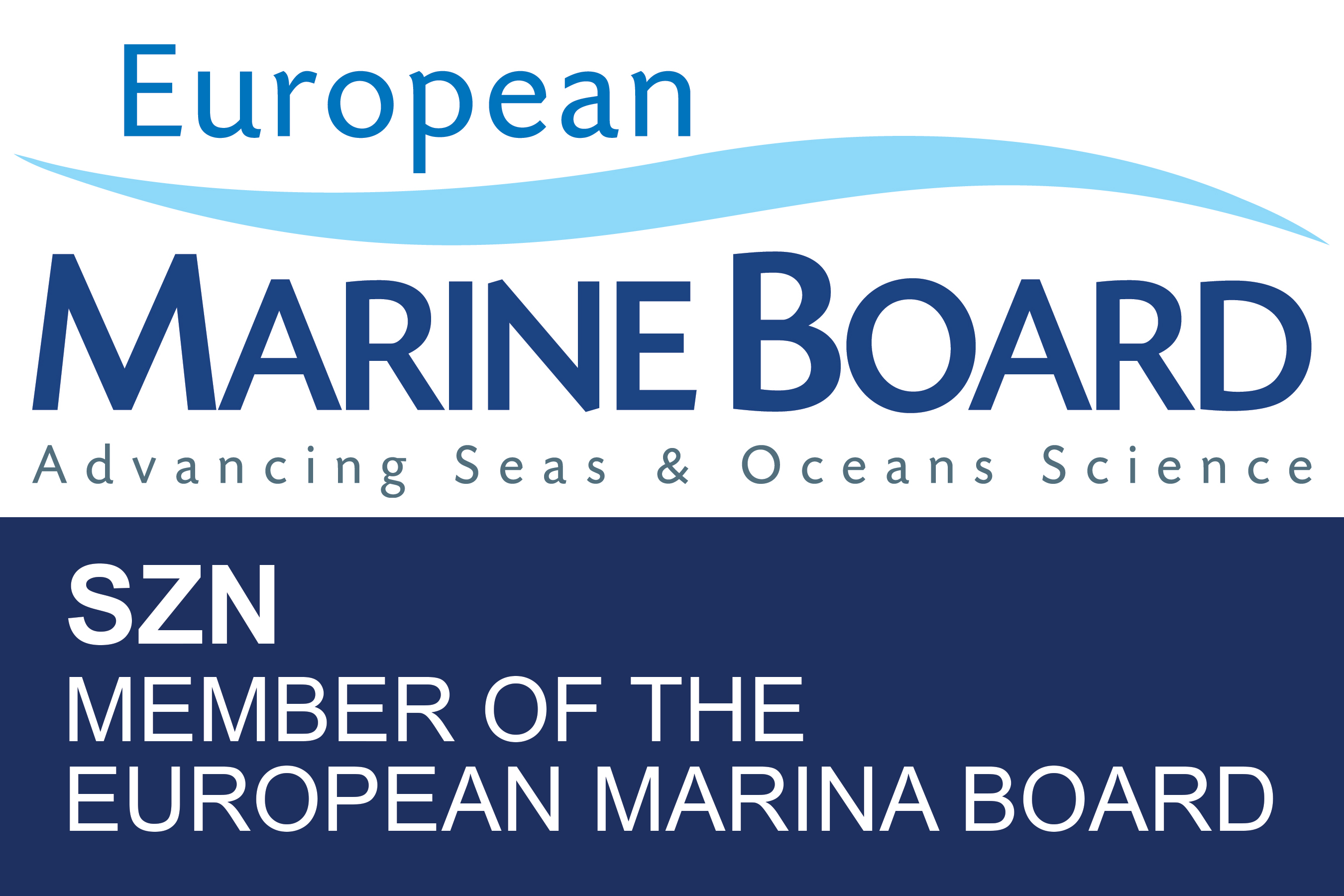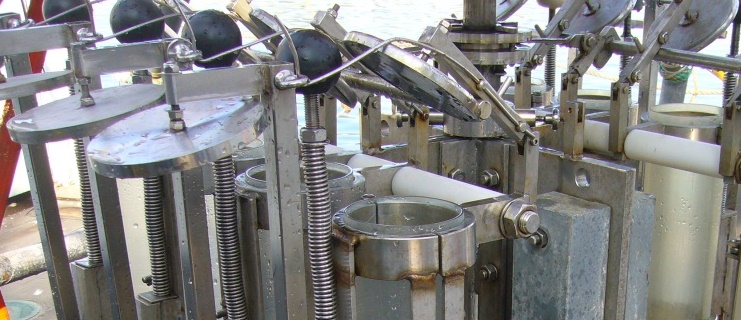
News & Events
Le spugne del Mediterraneo soffrono il caldo: i loro batteri cambiano volto dopo le ondate di calore
Selection of 30 students for the Winter School in Interdisciplinary Biodiversity 2026 – February 2-7
NAPOLI OSPITA LA SUMMER SCHOOL CODIGER 2025: TRE GIORNATE DEDICATE AL SISTEMA DELLA RICERCA PUBBLICA
AVVISO PUBBLICO PER IL CONFERIMENTO DELL’INCARICO DI COORDINATORE DELLA JOINT RESEARCH UNIT EMBRC-IT
AVVISO PUBBLICO PER IL CONFERIMENTO DELL’INCARICO DI COORDINATORE DELLA JOINT RESEARCH UNIT EMBRC-IT
Stazione Zoologica Anton Dohrn
Explore the Mediterranean Sea to understand and protect the Global Ocean
Founded in 1872, the SZN is among the most influential research Institutions in the field of marine biology and ecology.
The SZN carries on advanced research on the biology, ecology and evolution of marine organisms.
A core activity of the SZN is the higher education and formation of young scientists to lead pure and applied research.
Research Departments
The research at the SZN is organized in 5 Departments, three focusing on scientific research: 1) Biology and Evolution of Marine Organisms; 2) Integrative Marine Ecology, 3) Marine Animal Conservation and Public Engagement and two dedicated to technological research 4 Research Infrastructures for Marine Biological Resources, 5) Marine Biotechnology.
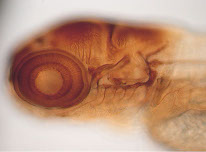
Biology and Evolution of Marine Organisms
Studies the fundamental biological mechanisms that allow animals to deal with the challenges of Life on Earth.

Ecosustainable Marine Biotechnology
The mission of the Marine Biotechnology Department is to conduct and promote scientific research regarding the possible applications of marine natural products in the biomedical and environmental sectors
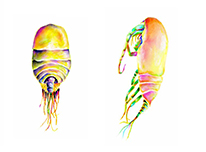
Integrative Marine Ecology
Promotes interdisciplinary research on biodiversity, structure and functioning of marine ecosystems.
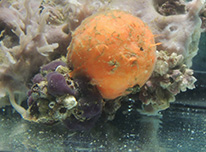
Research Infrastructures for marine biological resources
The Department of Research Infrastructures for marine biological resources (RIMAR) provides high technology services and access to infrastructure and research platforms to the national and international scientific community, as well as support third mission activities such as third-party contracts
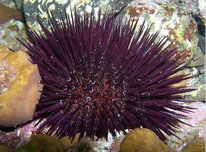
Marine Animal Conservation and Public Engagement
Research activities aim at conservation of large marine vertebrates and correct management and reproduction of marine fauna in controlled environment.
Hot Topics
A summary of the most recent research activities carried out in our laboratories.
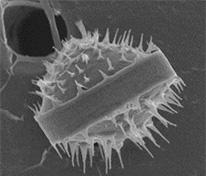
Virus-induced spore formation as a defense mechanism in marine diatoms
Virus-induced spore formation as a defense mechanism in marine diatoms
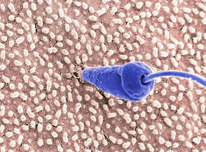
Species-specific gamete interaction during sea urchin fertilization
Roles of the egg jelly and vitelline layer
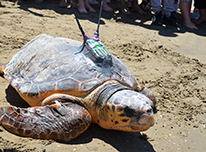
Sea turtles are now texting their whereabouts directly to the researchers
Loggerhead sea turtles are abundant in the Western Mediterranean.
Photogallery
Images of the marine research and marine life of the Stazione Zoologica Anton Dohrn, downloadable for your Desktop and promotional materials.
See MoreLast Publications
Journal of Marine Science and Engineering
Heatwaves Affect the Gonadal Maturation of the Sea Urchin Paracentrotus lividus
Ecosystems
Ocean Acidification Influences Strain Selection and Metabolism of the Benthic Diatom Cocconeis neothumensis var. marina
Marine Pollution Bulletin
Assessing the effect of microplastics on marine invertebrates: the consequence of exposure of sea urchin larvae to polystyrene microplastics
Science Direct
Commercial product-derived microplastics based on polypropylene and polylactic acid and their harmful effects on the sea urchin Paracentrotus lividus (Lmk) embryos: Morphological and gene expression analysis
Natural Product Research
First evidence of bioactive compounds from the sponge Agelas oroides (Schmidt, 1864) against pancreatic carcinoma
Nature Communications
Conserved genetic markers reveal widespread diatom sexual reproduction in the global ocean
Science Advances
Single-nucleus profiling highlights the all-brainechinoderm nervous system
Journal of Fish Biology
Potential metabolic records in isotope signals of chondrichthyan hard tissues
Marine Biodiversity
On Synagoga mira Norman, 1888 (Crustacea, Ascothoracida), associated with the black coral Parantipathes larix (Esper, 1788)
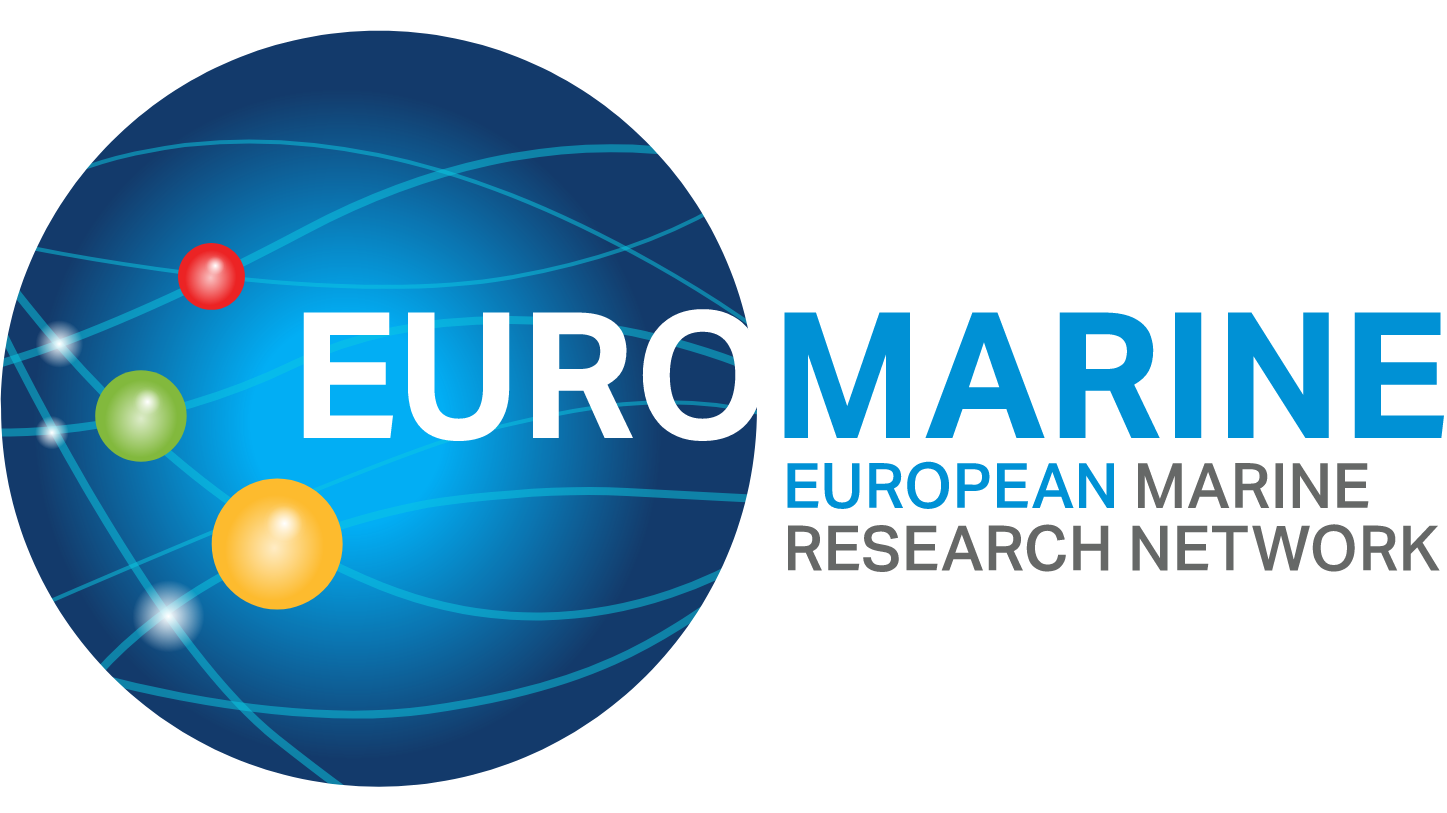
|
|
SZN |


